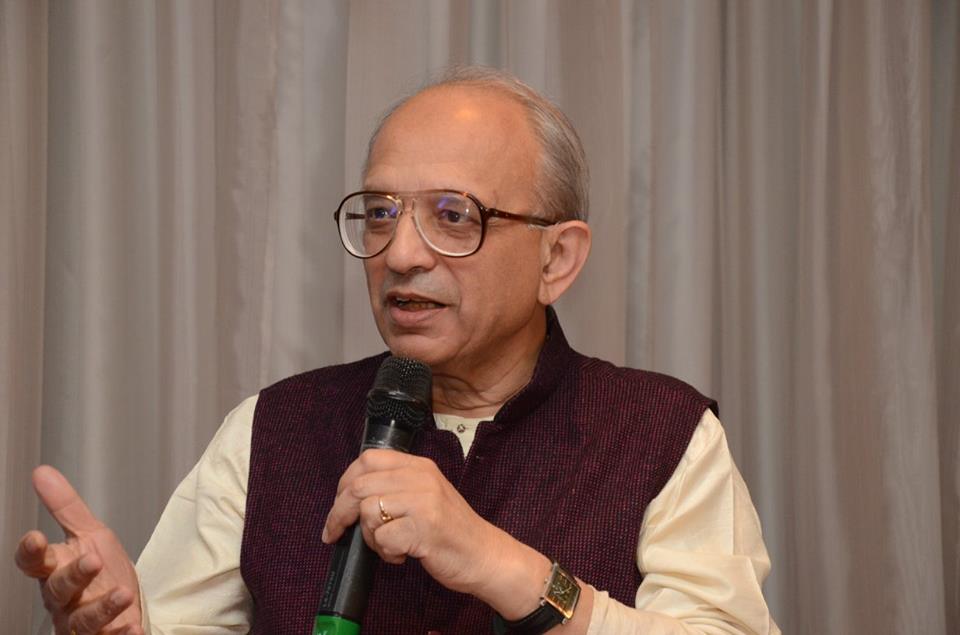Both Mumbai and Telangana may have been hacked by China, causing electric blackouts. The power minister denies a Chinese hand. But a US company, Recorded Future, claimed that Chinese hackers had targeted 10 entities of India’s power grid plus two maritime ports when the company first notified the Computer Emergency Response Team on February 10 of the hacking. India is hardly alone: even the US accuses China of hacking into commercial and national secrets.
India is especially vulnerable because of high corruption. It shows no interest in jailing thousands of past Indian collaborators, possibly because every political party has skeletons in its cupboard.
Compared with such serious problems, it is comic for the government to claim that Swedish activist Greta Thunberg and pop star Rihanna are in cahoots with agitating farmers to subvert national security through a foreign-made “toolkit” laying out tactics for organising campaigns and protests. Officials claim, with no convincing evidence, that the toolkit links Thunberg and farm agitators with Khalistanis.
Many countries blame protests on foreigners or extremists to divert attention from their own failings. In the 1970s, Indira Gandhi repeatedly warned of a “foreign hand” supporting Jayaprakash Narayan’s anti-Congress agitation. She gave herself dictatorial powers by proclaiming an Emergency in 1975 to quash the agitation.
All countries use money and other inducements to promote their agendas in other countries. Indian intelligence officials describe their agents abroad as “assets.” The tentacles of espionage go way above farm agitations.
When KGB archivist Vasili Mitrokhin defected to the UK in 1992, he brought six trunkloads of KGB files. These formed the basis of two books by Cambridge historian Christopher Andrew. His 2005 book The Mitrokhin Archive II, revealed India as a country up for sale by its politicians, bureaucrats, and intelligence officials. Even cabinet ministers were said to be on the Soviet payroll. The BJP, at the time, protested loudly, but has stayed silent after coming to power. If foreign ownership of Indian politicians and bureaucrats is “chalta hai”, why worry about Rihanna?
The Mitrokhin Archive said India under Indira Gandhi was thoroughly infiltrated by the KGB. Ten Indian newspapers and one press agency were on the Soviet payroll. In 1972, the KGB claimed to have planted more than 3,500 articles in Indian newspapers.
The KGB not only bought secrets from Indian cabinet ministers but regularly paid them retainers. “It seemed like the entire country was for sale,” KGB General Oleg Kalugin told Mitrokhin. He described India as a model for the infiltration of a Third World government, what you might call a fabulous “toolkit!”
The book suggested the KGB beat the US Central Intelligence Agency in infiltrating officialdom. Kalugin, who was posted in Delhi in the 1970s, claims the KGB even had a role in persuading Indira Gandhi to impose the 1975 Emergency. The Communist Party of India, a member of the Comintern (the global collection of Soviet-controlled Communist parties) was always and amply financed by the Soviet Union. The CPI strongly supported the Emergency.
“We had scores of sources throughout the Indian government — in intelligence, counterintelligence, the defence and foreign ministries and police,” says Mitrokhin citing Kalugin. “On at least one occasion a secret gift of two million rupees from Moscow to the Congress Party was personally delivered (to Gandhi) after midnight,” he alleged. The KGB subsidised the election campaigns of 21 Indian politicians, including four cabinet ministers.
Kalugin recalls turning down an offer from an Indian minister to provide information in return for $50,000 on the grounds that the KGB was already well supplied by the Indian foreign and defence ministries: “The KGB and the CIA had deeply penetrated the Indian government. After a while, neither side entrusted sensitive information to the Indians, realising their enemy would know all about it the next day.”
The Congress was, of course, sufficiently non-aligned to accept money from the US as well as the USSR. Former US Ambassador to India, Patrick Moynihan, wrote in his book A Dangerous Place that the CIA was asked for and gave funds to the Congress to finance election campaigns against the Communist parties in both Kerala and West Bengal. He says nothing of the additional massive buying of politicians and officials. When Rabinder Singh, a US spy in the Research and Analysis Wing, was identified and placed under 24/7 surveillance, he had enough contacts to flee clandestinely to an unknown destination.
The recent Chinese hacking highlights the need to cleanse India’s thoroughly infiltrated system. It must jail the guilty, sending a lesson to all others. That is a far greater national threat than the farm agitation.


